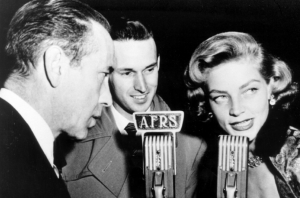
Interview prep: One of the biggest mistakes that you can make in an interview is to not ask any questions.
Seriously… Changing jobs is one of the most life-altering decisions that you can make, along with moving house and having children (and trust me I have done a few of these recently!)
So, you can understand how strange it might be for an employer knowing this to get to the end of an interview and find that (before making that life-changing decision) – that the interviewee doesn’t want to ask you anything.
Let’s be clear…
Many hiring managers will reject a candidate for not asking relevant questions, and do you know what, I don’t blame them! The logic behind this goes a bit like this:
- If a candidate was genuinely interested in the role they would want to find out more about it (and us – the hirer/leadership team).
- If the candidate has listened and understands the requirements of the position, then they will likely want more information about the specific requirements of the role. This is called secondary and tertiary questioning… more on that later…
- I want to hire people that will be engaging. Engaging people tend to ask good questions.
- I want to hire someone who can challenge the status quo, and also bring people along on the journey. They probably need to understand where people are coming from first before making their decisions, and guess what, you need to ask probing questions to do this…
That’s why interview prep is so important. Here are some of the do’s and don’ts when it comes to asking questions during an interview:
- “What’s in it for me” type questions. These are a big no, especially during the first stage of the interview process, as this isn’t what the employer wants you to ask. These questions can come across as very self-centred, so save these for after the interview if you get asked back for a second stage.
- Probing questions. These are business-related and are your what’s, how’s, if’s, but’s… these can be more challenging but as long as you ensure that they are relevant to what has been discussed or your observations about the role, then ask away.
- Secondary and Tertiary questioning. Getting them to go into more detail about particular aspects of the role that you might want explaining. These types of questions show that you’ve been active and engaged during the interview process, and taken on board what the interviewer has said.
- Long-term questions about business growth, culture, future plans. These questions indicate your commitment to the role and your future loyalty to the company.
James Cumming is our MD, Interim and Transformation Search specialist. If you’ve got a hard-to-fill role and need some help, get in touch. Connect with him on LinkedIn.


